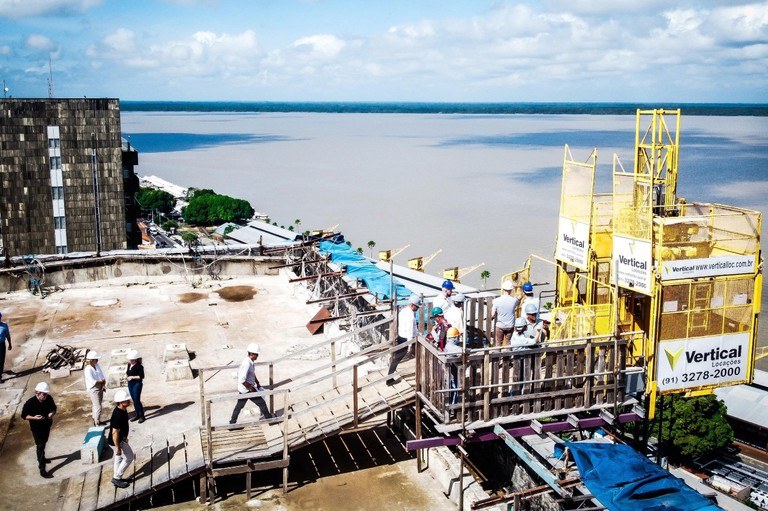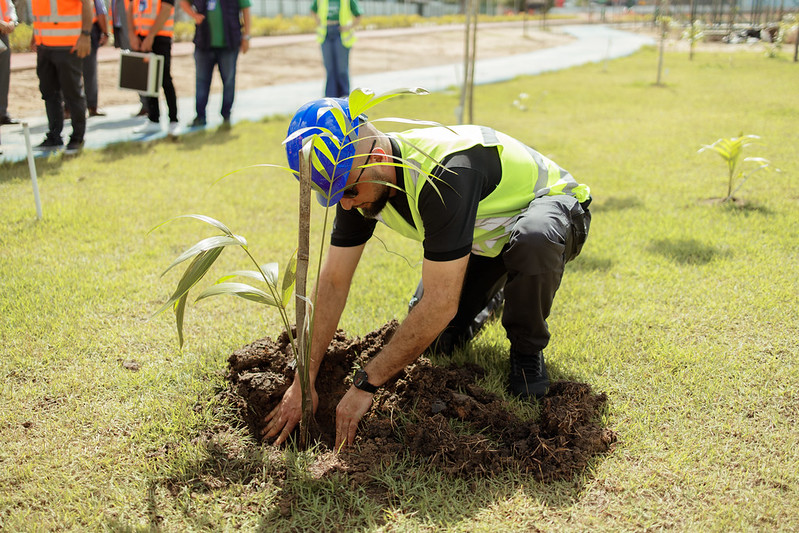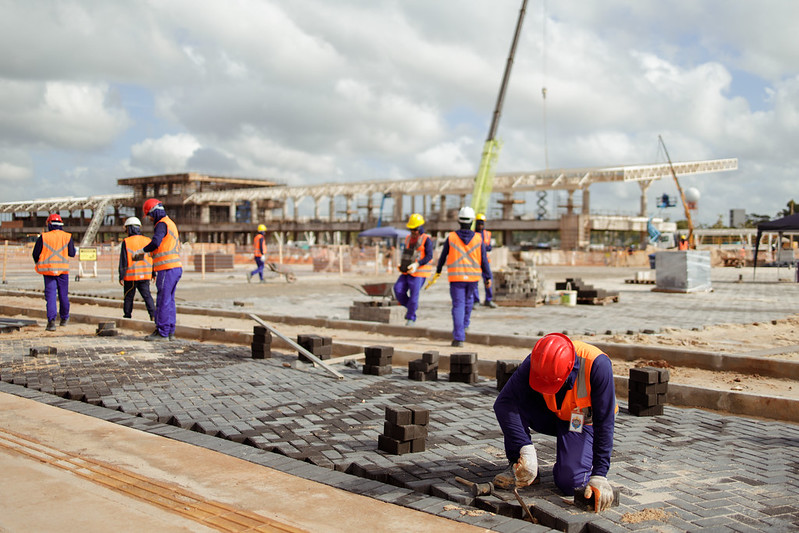UN mission centers efforts on Brasil’s plan for accommodation during COP30
In Belém, UN technical team visited new hotels under construction and social venues that being converted into lodging sites for COP30; plan to hire online platform to manage accommodation bookings is underway

On the third day of the UNFCCC Secretariat mission to Belém, in the state of Pará, where COP30 Amazônia will take place, experts centered their attention on the Brazilian plan to accommodate everyone who will participate at the Conference in November. This Wednesday, January 22, the technical team visited hotels, construction sites, and other venues that will be converted into lodging.
Valter Correia, Extraordinary Secretary for COP30, highlighted that the Brazilian government has been working for over a year on various solutions to create new beds. These include the verification of spaces across town that can be turned into lodging in the Metropolitan Area and surrounding municipalities, the expansion of existing options through the construction of new hotels, and the hiring of two transatlantic cruise ships. A total of 50,000 beds are expected to be available for Conference participants, among those already available and the new ones.
The Brazilian government is in advanced negotiations to hire an official platform to manage booking for individuals registered to participate at COP30 Amazônia discussions. The model has been used for previous editions of the UN Conference. “We are at the final stages of negotiation and will shortly define the platform. It will be available in the coming months with rental units in the region,” reported Correia.

Diversity is a cultural gain
Wasim Mir, the UNFCCC Director for Conference Affairs, pointed out that each COP has unique characteristics, according to local social and economic contexts. He stated that those who visit the countries for the first time to participate in such debates must take this into consideration, “manage expectations”, and enjoy all that is available in the different environments and cultures that host the climate discussions.
Mir also underscored that the diversity of the public participating at the Conferences —Heads of State and Government, civil society organizations, Indigenous communities, and other groups— require hosting countries to ensure accommodations that can respond to different categories and needs. “There is always a rush of people trying to book accommodation,” pondered the UNFCCC director.
COP30 Amazônia Village

Technicians also visited the City Park (Parque da Cidade) located in the surroundings of the Hangar Amazônia Events Center, which will host the COP30 Village (Vila COP30) complex. The experts visited the construction works that will turn the venue into an urban park to be used for Conference activities and will later be left as legacy for the population of Belém. During the visit, they planted native seedlings in the boulevard.
“People from all over the world will come here. Finding these open spaces where they can exchange ideas, in an environment connected to Amazônia, is what turns this into such a special space. The construction work is advancing quickly. We were impressed to see how much hard work has been put into reaching these important goals,” stated UNFCCC expert Carmen González.
UN mission in Belém
The field visits of UNFCCC experts and technicians from the Federal and local governments will continue until January 24, allowing them to verify the logistical plans for transportation, public security, and public health. The mission aims to discuss preparations for COP30 Amazônia. Technical visits are part of the routine in preparation for the COPs, occurring multiple times throughout the year in the countries hosting the Conference.

